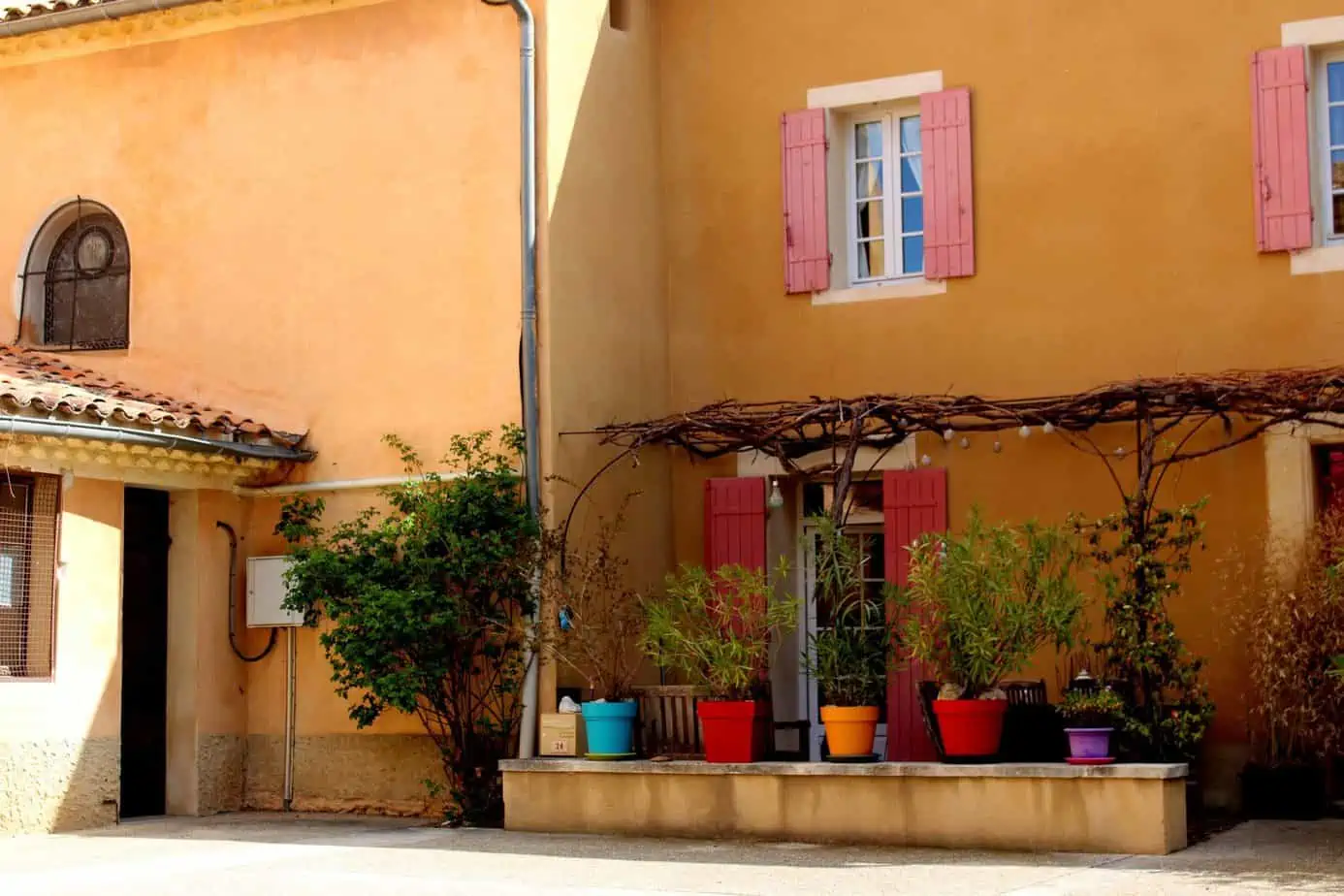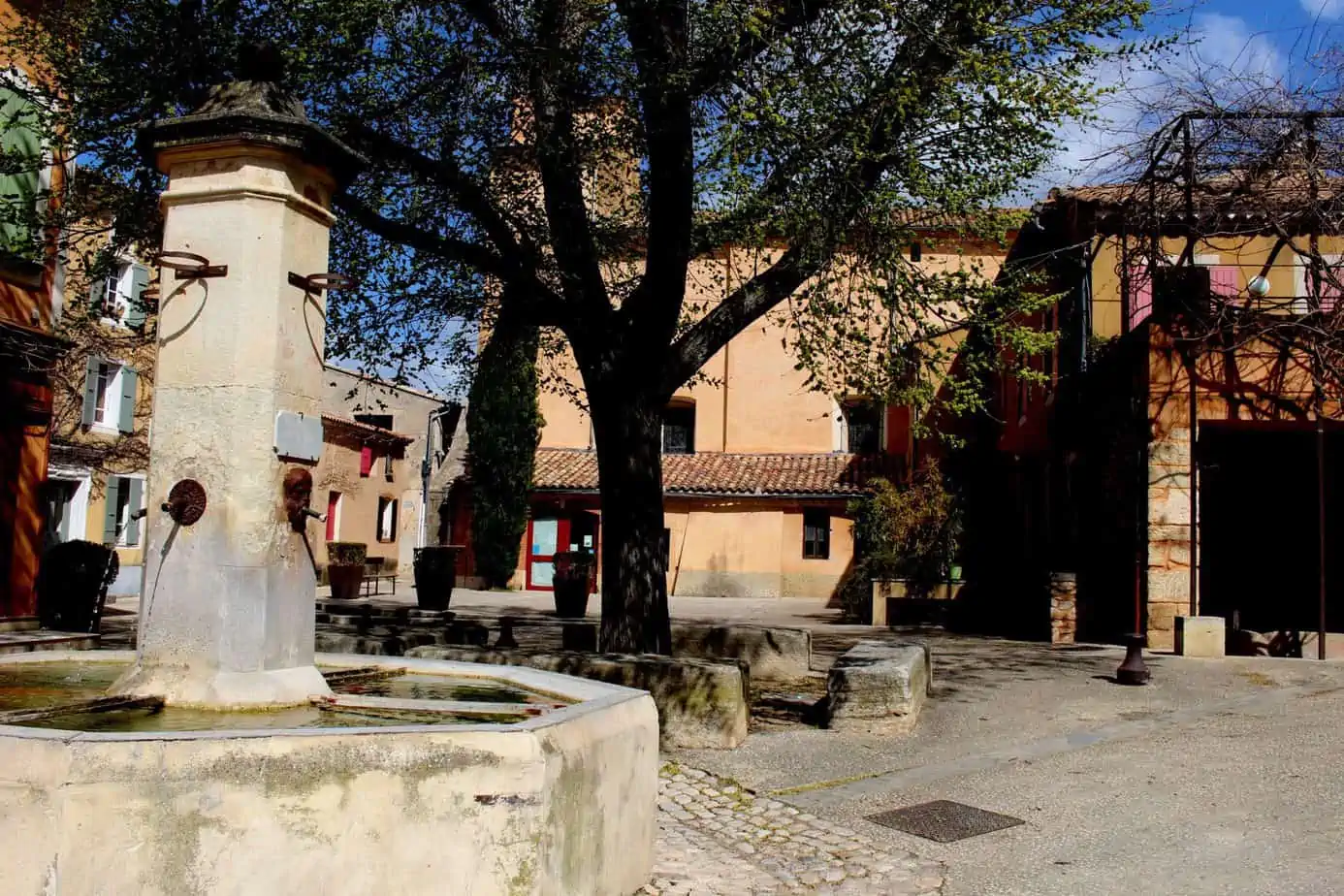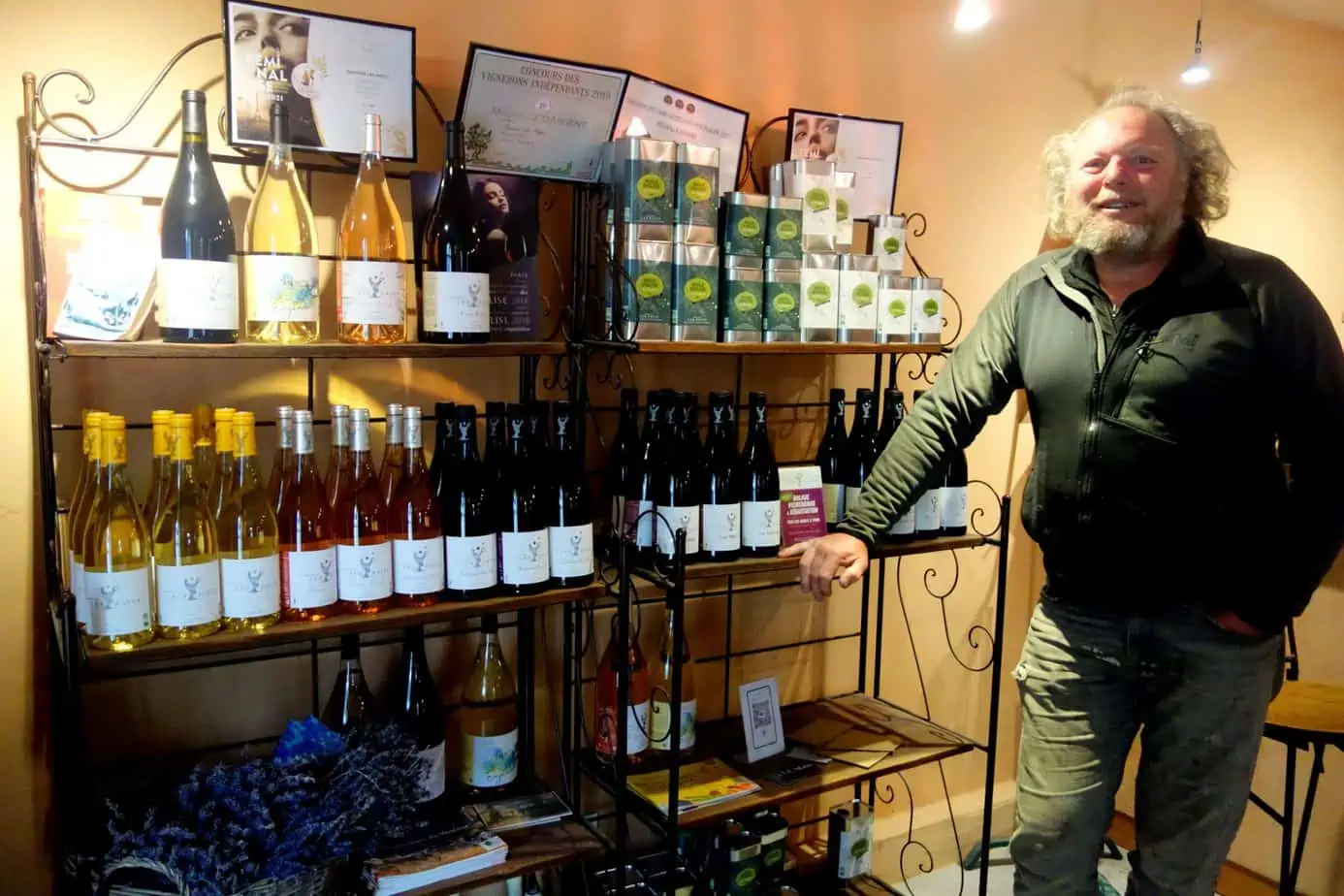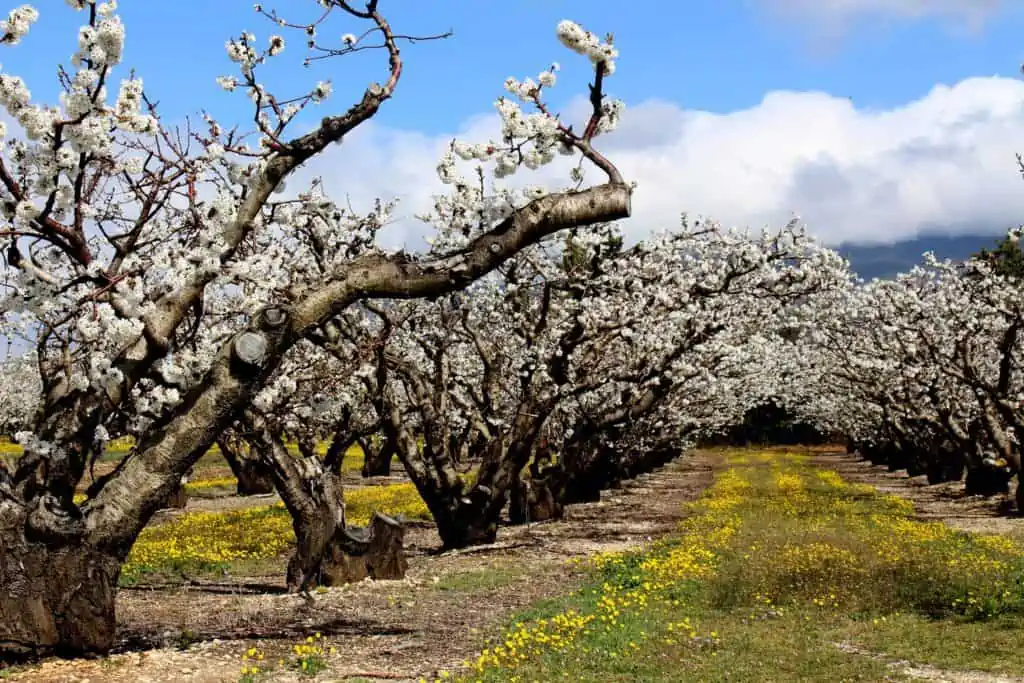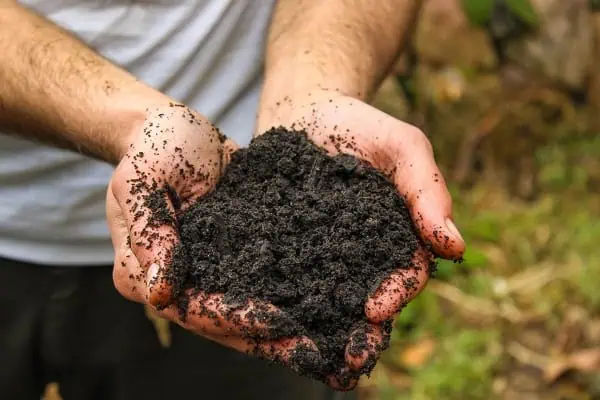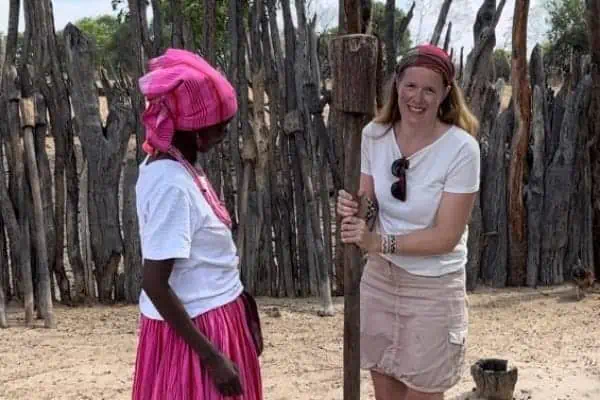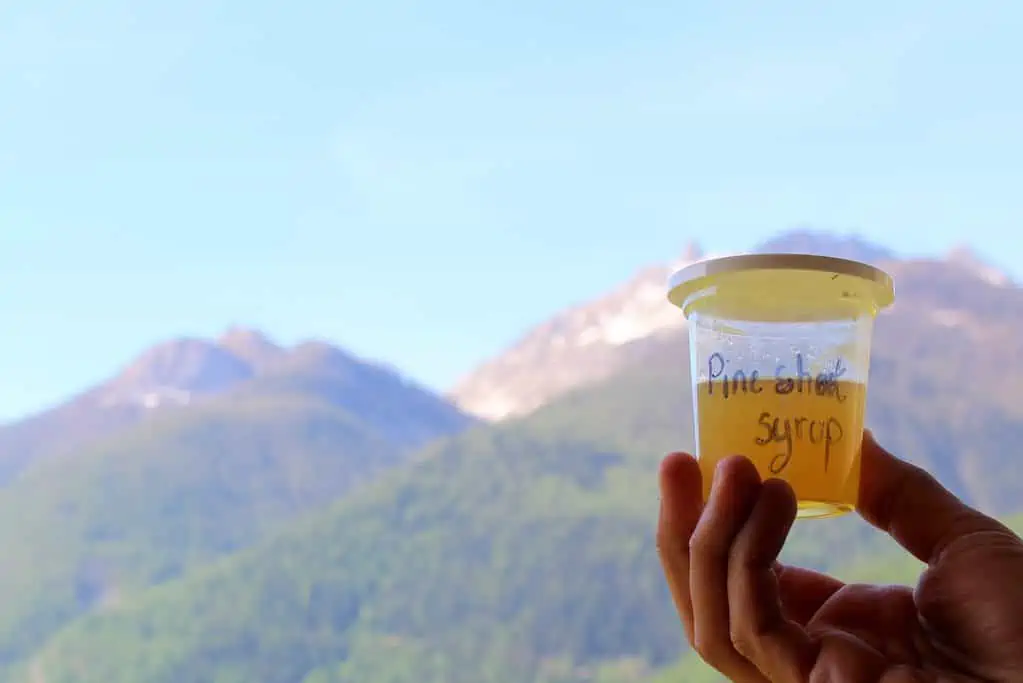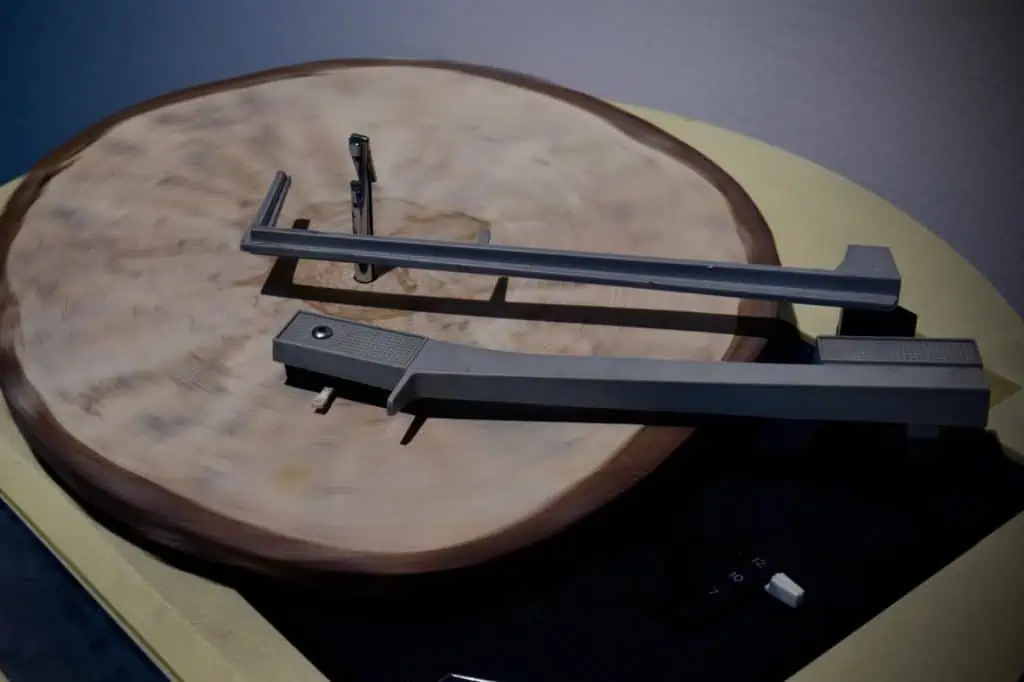While it is still quite chilly in the Yukon, spring has definitely sprung in northern Provence, South of France.
I live at the very bottom of Mont Ventoux (literally Mount Windy). Not quite as impressive as the peaks of Kluane National Park and Reserve, at 1,909 m (6,263 ft), it is the highest mountain of the region. The “Giant of Provence” is also well-known to be the iconic climb during the cycling race, Tour de France.
As its name might suggest, don’t even dare going up there without looking at the weather forecast. The wind blows at over 90 km/h (56 mph) for 240 days a year and has reached 320 km/h (200 mph) back in the 60s.
Yet, downhill one might never suspect such turbulence. Well-known for its lavender fields and high temperature during the summer, Vaucluse, in early spring, is already full of colours and aromas. The first almond trees and cherry orchards are blooming.
Organic wine and olive oil production in the South of France
But the true lushness of the region is certainly its olive oil and wine. Spring and early summer are busy months for winemakers. Until July, there will be a succession of overlapping operations: de-stemming, disbudding, green harvesting, leaf thinning and working the soil. It is also the time to plant the new plots and replace the missing vines, explained Thierry Delasalles on his website. Delasalles is the owner of Les Patys, a small vineyard on the southern foothills of Mont Ventoux. It has been certified organic since 2018.
As I arrive at the vineyard, the winegrower is just coming back from the fields after pruning the vines by hand. The man is dressed in a heavy protective jumpsuit, large boots and shows a satisfied smile after a busy day.
An adventurer and winemaker in the South of France
Outside, the wind is still blowing—the owner invites me into the wine cave. As he removed his layers, Thierry Delasalles started sharing his story: “When I was a kid, I used to help my grandfather on his farm. Everything was different back in the time. Farmers were producing veggies, fruits, had a few chickens and rabbits for the meat, a cow for the milk. You did not need to buy much at the local store. His farm was diversified; we did not need a lot to live decently.”
Far from his country of origin, Les Patys’ proprietor spent almost 20 years in Sahara, Everest and Morocco, as a mountain guide. “You build tight, authentic relationships with local people. Sahara is the most beautiful experience I lived in my life,” he said with emotion.
His description of immense scenery, with very little population, reminded me of the vastness of the Yukon and how tiny it can make us feel.
With the rise of terrorism and the desire to spend more time with his wife and their four kids, Delasalles decided to step back and worked for 10 years at the Forest National Office.
At 50 years old, the work life of this explorer is not slowing down. “I wanted to get back to the land. I need to be outside, with a gusting wind and the cold,” Delasalles defended.
The voyager already owned a few olive trees next to his old-fashioned house in Flassan, a village at 500 metres altitude, near Mont Ventoux. “I really love olives. I used to make my own olive oil … It reminds me of my adventures in Morocco. But I was not going to make a living out of this,” continued Delasalles.
Not afraid of a new challenge, the French guy went back to school, to learn how to make wine and olive oil professionally. “I am a bit crazy—I bought vines, a shear, and started pruning my vines,” grinned the man.
“We are restoring what we destroyed.
“I am part of a farmers group working in agroforestry. We need to revive our soils without any chemicals. Depending on the goals we want to achieve—fungus, plants, insects and bacteria—we can make good use of their services, ”said Delasalles with certitude.
Popular examples of such practices are the lady beetles, predator aphids on the vines, or cereals seeding with deep roots. All of these help the dry soil to breathe again.
During the summer, the agrarian wants to plant hedges, to prevent the vines from suffering from too much heat. Other farmers in the Vaucluse villages want to do the same. They support each other, and the population appreciates their work and buys from them every week at the local farmers markets.
As we finish off, the sun is setting over the valley. It might be time for the aperitif. This intimate French tradition includes a glass of wine, bread and cheese. It is known to help the conversation flow with deeper thoughts and memories about adventures in the four corners of the world.

